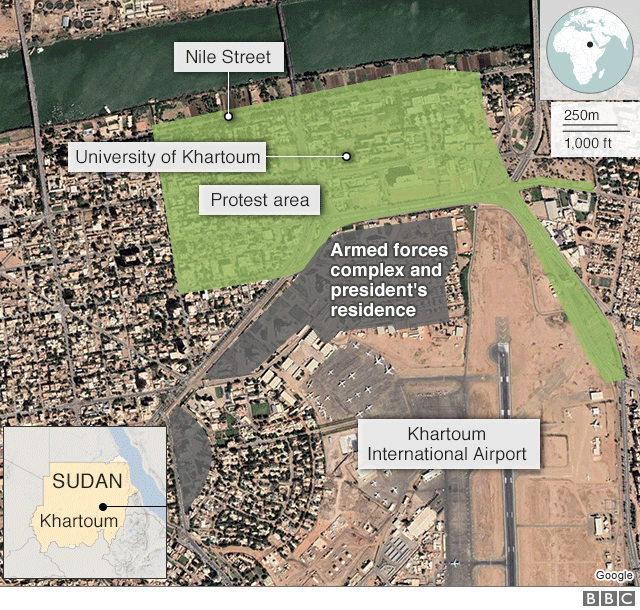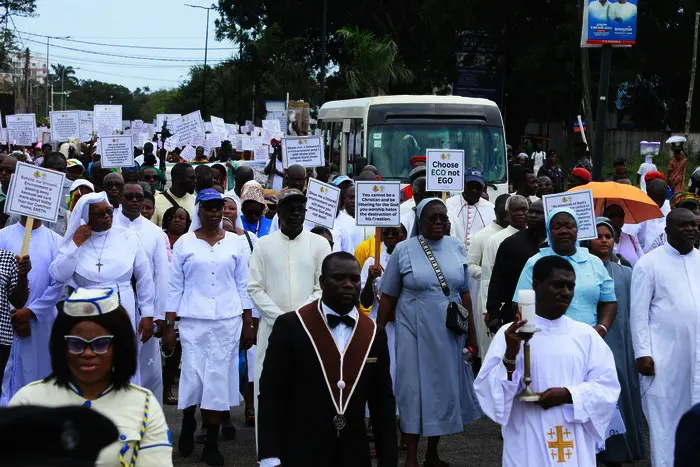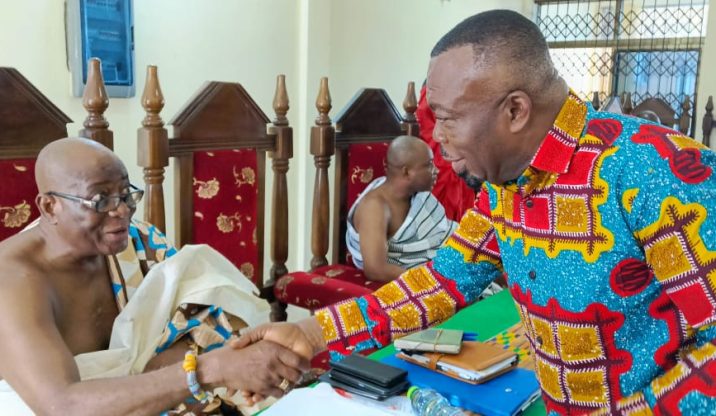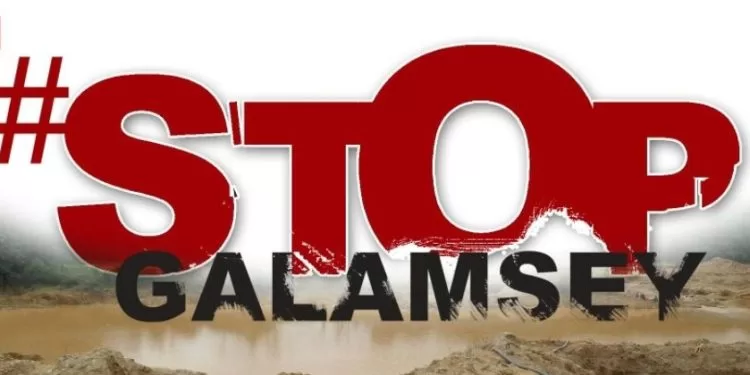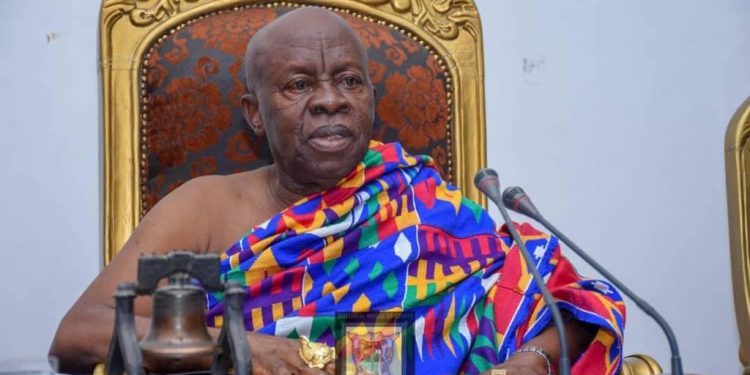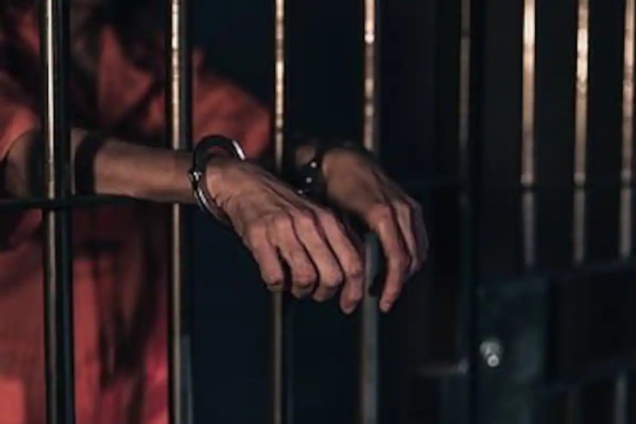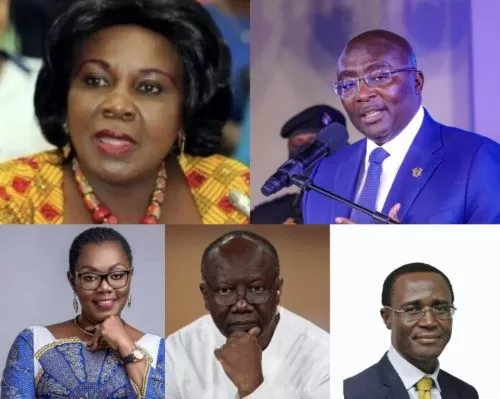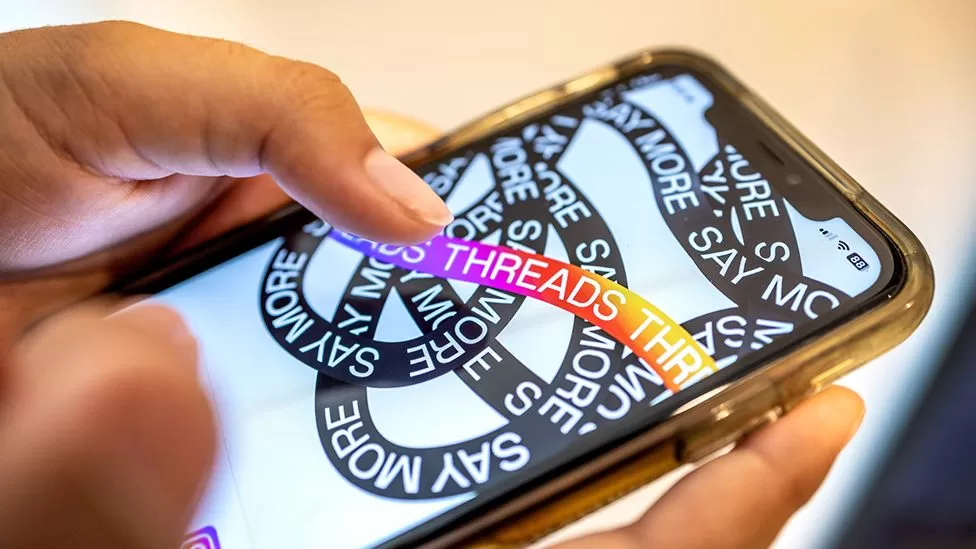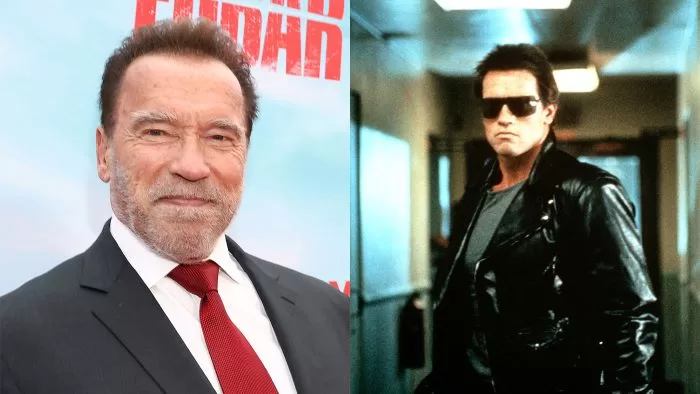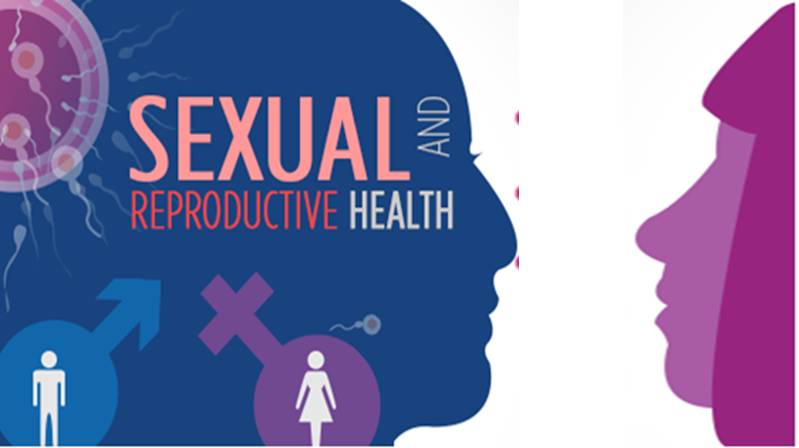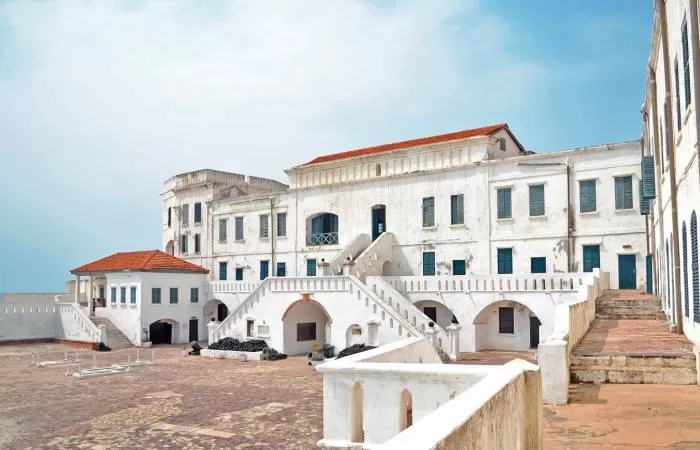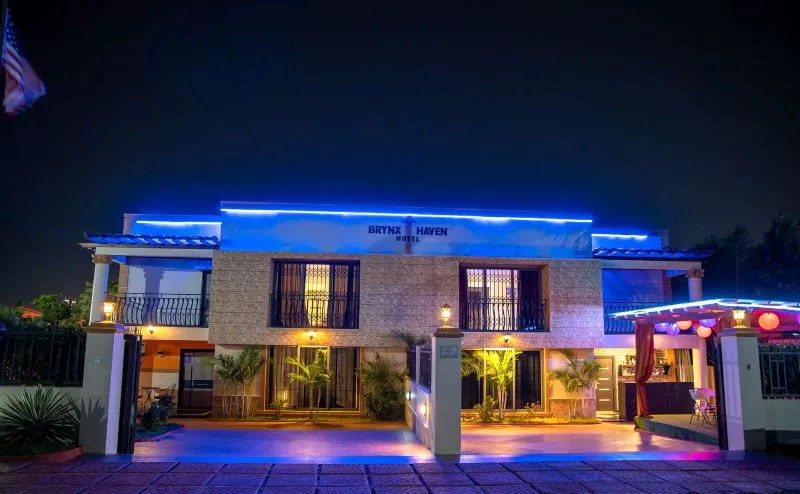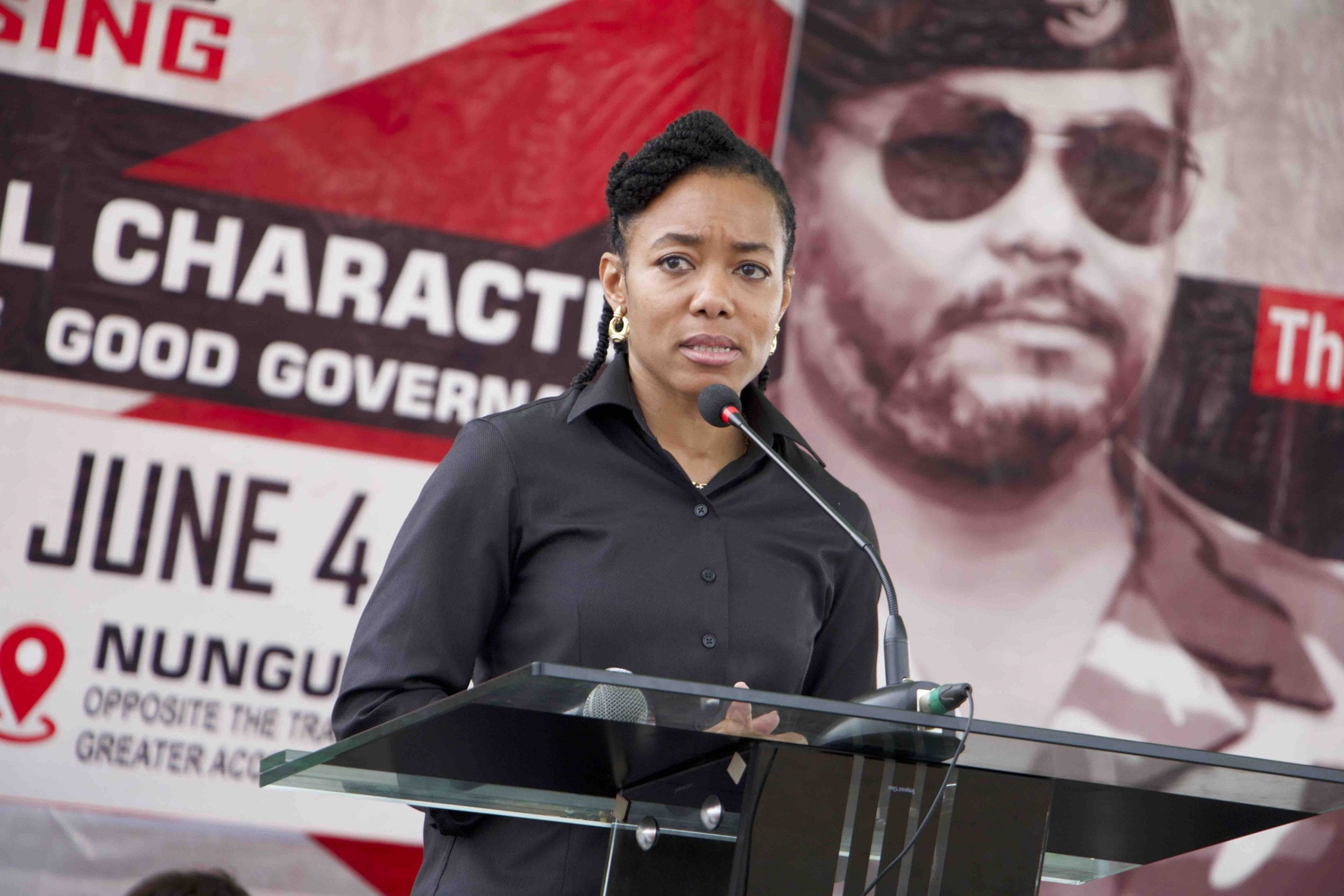Security forces, seen here on Monday, moved against protesters after a long stand-off photo: AFP[/caption]
The number of people killed in a crackdown on pro-democracy protests in the Sudanese capital Khartoum has risen to 60, an opposition group says.
Members of a feared paramilitary group are reported to be roaming the streets attacking civilians. The violence began when forces of the Transitional Military Council (TMC) opened fire on unarmed protesters on Monday. The military has faced international condemnation for the attack. An attempt at the UN Security Council to condemn the violence was blocked on Tuesday by China, backed by Russia.What is happening in Sudan?
Demonstrators had been occupying the square in front of the military headquarters since 6 April, days before President Omar al-Bashir was overthrown after 30 years in power. Their representatives had been negotiating with the TMC and had agreed a three-year transition that would culminate in elections. But on Monday, forces swept in to remove protesters from the square. Many Khartoum residents blamed the Rapid Support Forces for the crackdown. The paramilitary unit – formerly known as the Janjaweed militia – gained notoriety in the Darfur conflict in western Sudan in 2003.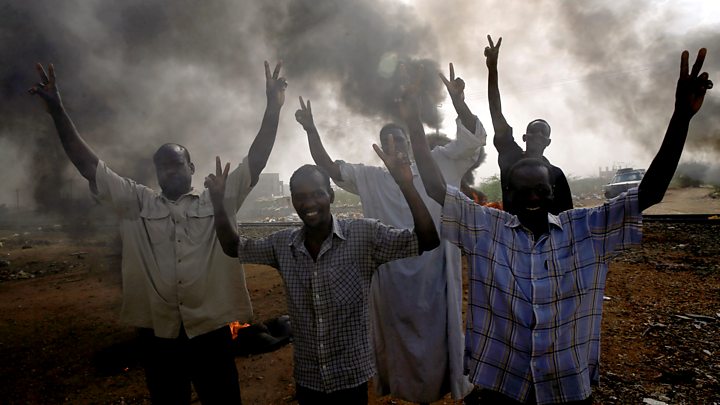 On Tuesday the TMC announced elections would be held within nine months. Demonstrators had argued that a longer period was needed to guarantee fair elections and dismantle the political network associated with the former government.
On Tuesday the TMC announced elections would be held within nine months. Demonstrators had argued that a longer period was needed to guarantee fair elections and dismantle the political network associated with the former government.

Sudan’s old politics re-emerge


‘Living as hostages’
The Central Committee of Sudanese Doctors earlier gave a death toll of 40, but revised the figure to 60 on its Facebook page on Wednesday. Protest organisers, the Sudanese Professionals Association (SPA), accused the TMC of carrying out “a massacre” and urged its supporters to continue protesting peacefully. One Khartoum resident, who declined to be named, told the BBC that residents were living in fear as reports of atrocities spread. Her uncle had witnessed three young men being executed in the city, she said. Another resident, who also asked not to be named, told the BBC he was pulled from his car by members of the Janjaweed and beaten on his head and back.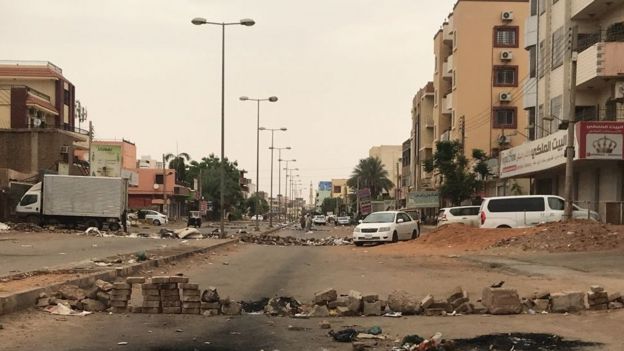 Much of Khartoum was deserted on Tuesday, as security forces spread across the city photo: GETTY IMAGES[/caption]
Much of Khartoum was deserted on Tuesday, as security forces spread across the city photo: GETTY IMAGES[/caption]What happened at the UN?
The UK and Germany had circulated a draft statement at the UN Security Council condemning the deaths of civilians and urging Sudan’s military and protesters to “continue working together” towards a solution. China rejected the text and Russia said the council should first wait for a response from the African Union. “We don’t want to promote an unbalanced statement,” said Russian Deputy Ambassador Dmitry Polyanskiy. After the move was blocked, eight European countries issued their own joint statement condemning the attacks “by Sudanese security services against civilians” and calling for a transfer of power to a civilian-led government.What happened on Monday?
Security services moved on the main protest site early on Monday and, according to activists, forces also surrounded a hospital in Khartoum and opened fire at another. In a televised statement, the military council said the operation had targeted “trouble makers and petty criminals” and that they were dedicated to protecting civilians. The SPA responded by calling for a campaign of “sweeping civil disobedience to topple the treacherous and killer military council”.Road to transition
 photo: AFP[/caption]
photo: AFP[/caption]- 19 December 2018 – Protests erupt after fuel and bread price rises announced
- 22 February 2019 – President Bashir dissolves the government
- 24 February – Protests continue as security forces respond by firing live bullets
- 6 April – Activists begin sit-in at military headquarters, vowing not to move until Mr Bashir steps down
- 11 April – Army generals announce that Mr Bashir has been toppled but sit-in continues as people demand civilian rule
- 20 April – Talks between the military rulers and civilian representatives begin
- 13 May – Shooting outside the military headquarters leaves six people dead
- 14 May – Military and civilians announce a deal on a three-year transition period
- 16 May – Talks postponed as military demands some barricades are removed
- 3 June – Activists announce the suspension of talks with the military, accusing them of using force to disperse their sit-in
Speaking on BBC’s Newsday, the analyst and former British ambassador to Sudan, Rosalind Marsden, said the snap election would “simply pave the way for much of the old regime to come back into power”. “There’s a real risk of violence continuing,” she said.
